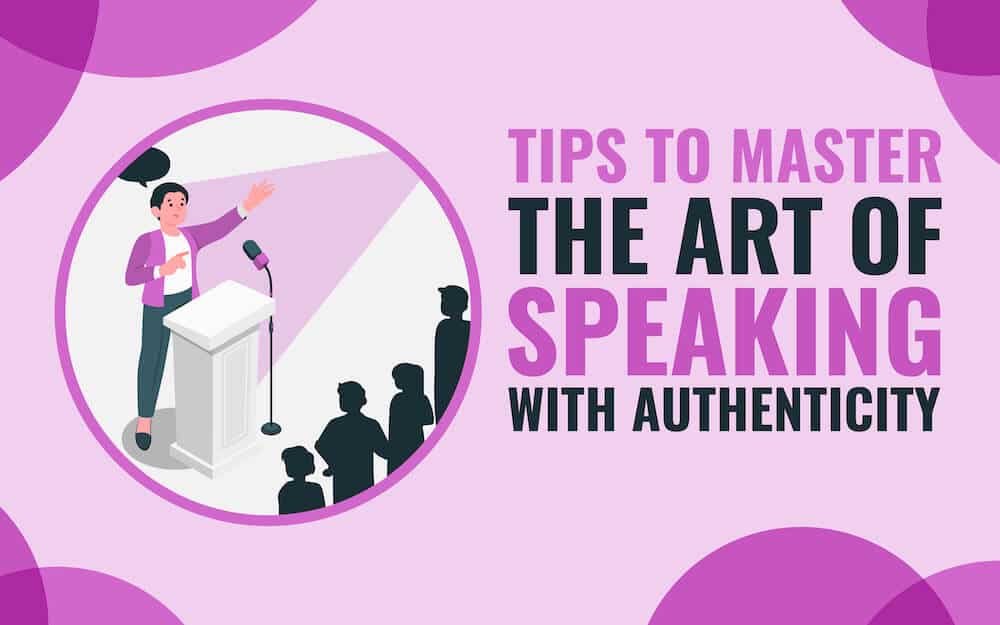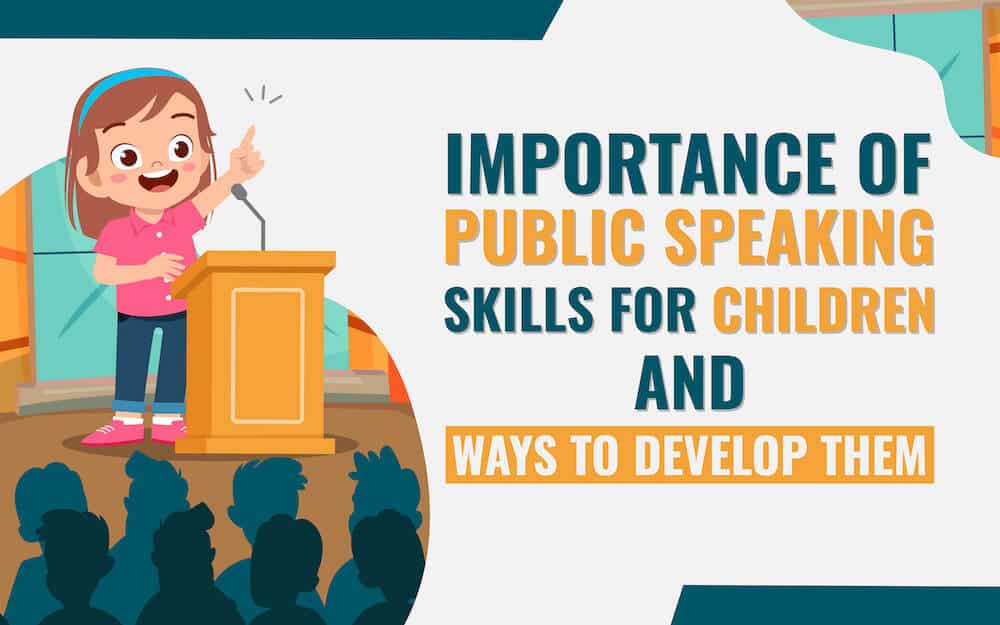
Selling is an art, and to be successful at it, you’ve got to be confident in yourself and your product or service. Since public speaking is essentially selling, it’s important for speakers to confidently articulate the value of their offer.
But nerves can throw a definite wrench into getting your brand story across effectively and ultimately reaching your business goals. If you want to not only manage your fear of public speaking, but completely replace it with confidence, follow these 7 tips.
Ask Better Questions
Before they go on, many speakers stand backstage asking themselves questions like, “What happens if my slides don’t work?” “What if no one shows up?” “What if I forget what I was talking about?” These are all incredibly negative thoughts and self-defeating in nature. And worse, all they do is increase your panic and anxiety.
You must replace these negative questions with positive ones. Instead, ask yourself question like, “How awesome will I feel when the audience loves my speech?”
Memorize Your Slide Sequence
Having to stare at your slides and read them will ruin your credibility as an authority figure. Best to memorize their sequence so you can anticipate the next one. This will not only make you look like you know what you’re doing but will also make you feel completely confident and in control of your presentation.
Think of Answers Ahead of Time
Nothing makes a speaker feel anxious quite like being caught off-guard with difficult questions. After all, you hardly look knowledgeable when you don’t have answers at the ready.
To solve this problem, make a list of potential questions your audience might ask ahead of time, then rehearse your best answers. How do you know what kinds of questions people might ask? Think about the questions prospects ask you on a sales call or what questions people ask on your social media pages. It also helps to know what your audience’s pain points are. Why might they be coming to see you? What problems do your products or services solve?
Practice Out Loud
Many speakers practice their presentations in their head instead of out loud, but this really isn’t good enough. It’s a bit like a basketball player practicing dribbling in his head instead of physically dribbling a ball.
The muscles in your body need to be trained to give your speech effectively. Stand and walk around your living room as you would on stage. Get the words to feel comfortable and natural in your mouth. Don’t practice so much that you come off as robotic on the big day, but enough so you look and sound natural and completely at ease.
Think of Your Presentation as a Conversation
It’s easy to get stage fright before a speech when you think of your presentation as a performance. But you’re not an actor up there on that stage; you’re a person on a mission: to share your knowledge.
So – think of your presentation as a conversation you’re having with a group of individuals. These individuals are not looking to you to be perfect; they’re looking to you to be human, honest, and helpful.
Breathe Slowly and Deeply
When speakers are nervous, they tend to breathe quickly and shallowly. This is bad for numerous reasons. One: not enough oxygen can get to the brain and you can quickly become foggy-headed. Two, it makes it more difficult to speak clearly and project your voice. And three, you come across as fearful and amateurish.
Before walking on stage, take three to five slow, deep breaths, which will immediately calm you down. If at any point during your speech you feel yourself become anxious again, stop and take a deep breath.
Do NOT View the Audience as Your Enemy
It’s hard to read the facial expressions of audience members accurately. In a one-on-one conversation, the other person is giving you constant verbal feedback and making (hopefully) great eye contact, so you always know how you are being perceived.
But audiences are different. Many members may have a blank stare plastered on their face, but this in no way signifies that they are bored. More often than not, it simply means they are concentrating on what you have to say. This is particularly true of your audience members who may be introverts or don’t express themselves in a big, obvious way. So, do not see these kinds of audience members as your enemy who are out to get you. They are rooting for you to succeed because your success is their success.
There is an old Japanese proverb that says, “Fear is only as deep as the mind allows.” Believe this 100% and follow these 7 tips to replace your fear of public speaking with confidence!



